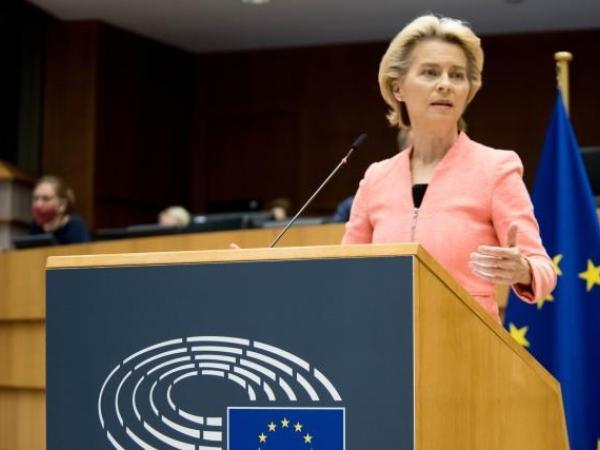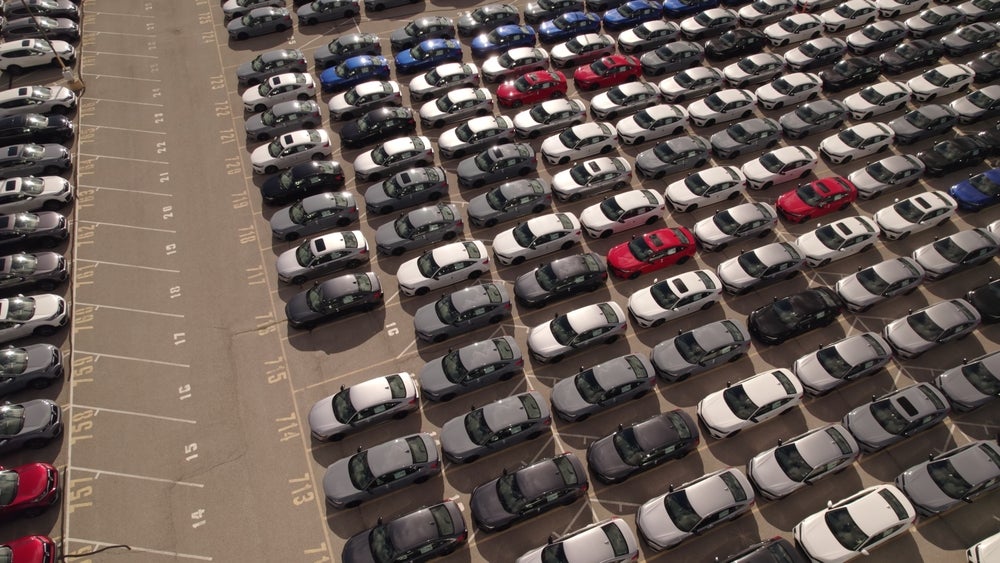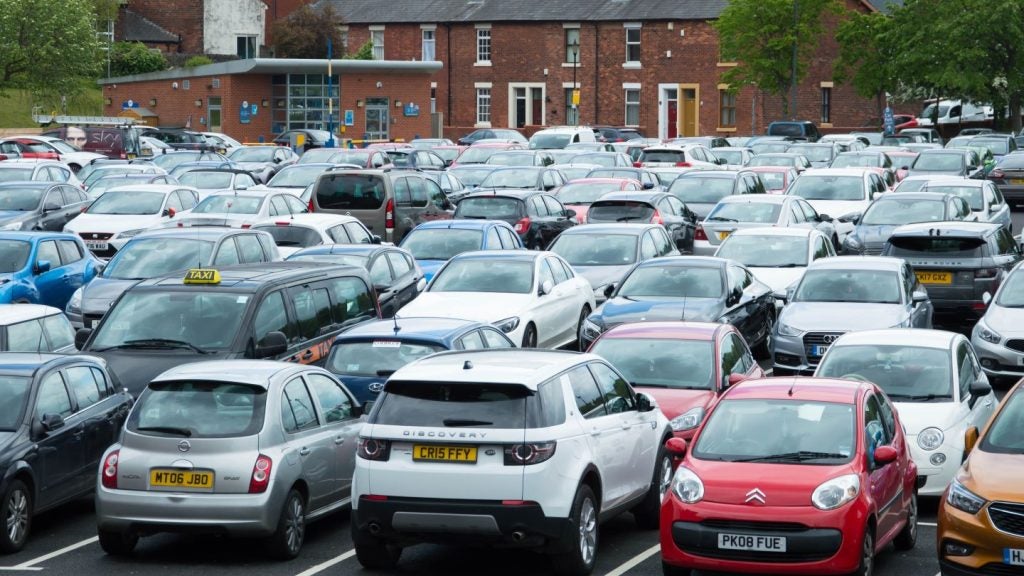
European automakers have agreed not to challenge the European Union’s stance on phasing out fossil-fuel vehicles by 2035, regardless of the outcome of the upcoming European parliamentary elections.
The move comes as the centre-right European People’s Party (EPP) has adjusted its stance on the ban on combustion engine vehicles, in what appears to be a significant policy shift aligning with Ursula von der Leyen’s vision for a sustainable future.
Earlier in February, Von der Leyen, the current President of the European Commission, announced her candidacy to lead the EPP, positioning herself as the frontrunner in the forthcoming European elections on 6-7 June, which would see her at the helm for another five-year term.
Luca de Meo, President of the European Automobile Manufacturers’ Association (ACEA) and CEO of Renault emphasised the industry’s responsibility to align with regulations rather than contest them.
De Meo made it clear during a press conference at the Geneva Auto Show that the automotive industry accepts the 2035 deadline for ending the production of combustion engine vehicles.
He emphasised the grouping’s collective commitment: “as business leaders… is not to argue against the regulation,” highlighting a united front among European automakers in acknowledging the need for a sustainable and environmentally friendly future.

US Tariffs are shifting - will you react or anticipate?
Don’t let policy changes catch you off guard. Stay proactive with real-time data and expert analysis.
By GlobalDataWhile acknowledging the feasibility of a 2035 fossil-fuel car ban, de Meo highlighted the importance of establishing the right conditions for such a transition. The industry has already invested billions in electrification, and any reversal of the combustion engine phase-out would result in a significant setback.
De Meo said: “There is no way the industry can go back to square one. It’s bad for the environment.”
European automakers have been actively investing in electric vehicle (EV) technology, with the intent to contribute to a cleaner and more sustainable automotive future. The industry’s acknowledgement of the 2035 deadline reflects a commitment to building on the progress made in EV development.
While the decision to accept the 2035 fossil-fuel vehicle ban signifies a significant step forward, the industry faces challenges in meeting the growing demand for electric vehicles. Slower growth in EV adoption has intensified the need for cost reduction and the development of more affordable EV models. In addition, the arrival of new, lower-cost models from Chinese rivals adds to the competitive pressure.
Amidst these challenges, European automakers continue to call for increased government subsidies and the development of a more extensive and accessible charging infrastructure.
The industry emphasises the critical role of governmental support in spurring EV demand and fostering mass adoption.
Luca de Meo’s statement encapsulates the industry’s commitment to environmental responsibility and the recognition that a transition to electrification is both necessary and irreversible.
European automakers stand united in pursuit of sustainable mobility solutions, emphasising the need for a collective effort to address challenges and seize opportunities in the evolving automotive landscape.
In embracing the 2035 fossil-fuel vehicle ban, European automakers signal a decisive move towards a cleaner, greener automotive future. As the industry navigates the complexities of this transition, collaboration, innovation, and continued support from policymakers will be crucial to driving the success of electric vehicles on European roads.
Reducing reliance on Chinese EVs in Europe will take time







